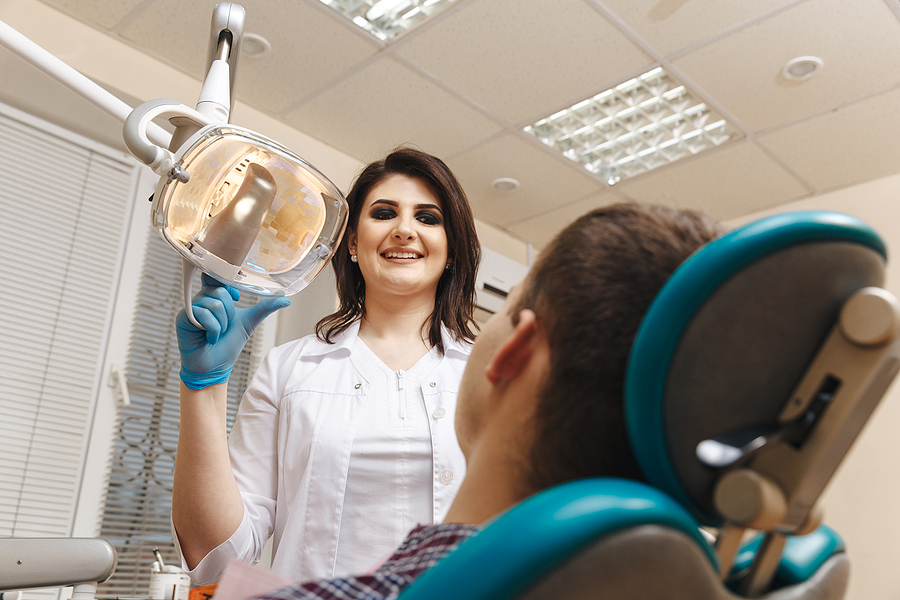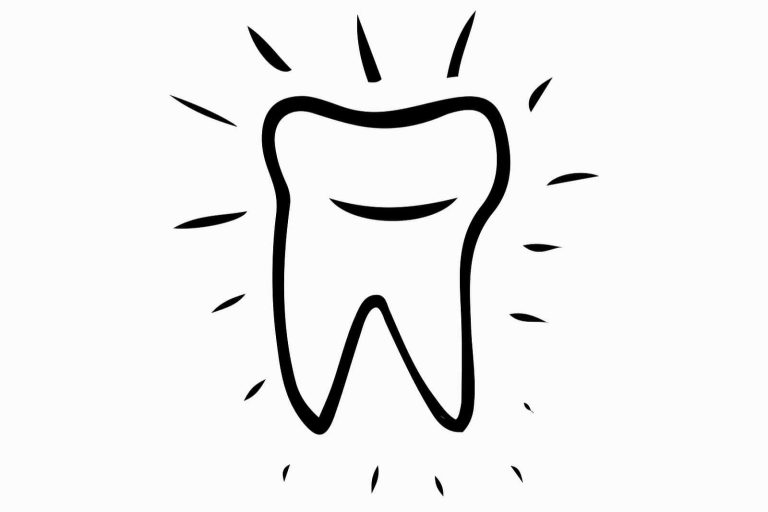We all know that we need to follow a well-balanced diet with plenty of fruit and vegetables, and get regular exercise in order to stay fit and healthy… but it’s just as important to prioritise oral hygiene if we’re to keep diseases at bay, as well – something that’s quite easy to forget.
Keeping your mouth clean and free from decay and disease can be achieved through brushing your teeth twice a day, as well as flossing daily to protect your gums. Doing so will help prevent bad breath, tooth decay and tooth loss, and gum disease.
Interestingly, there’s a growing body of research linking oral health and hygiene with other conditions, such as cardiovascular disease. Bacteria that arises as a result of gum disease can enter the bloodstream, potentially leading to high blood pressure, endocarditis, palpitations, coronary heart disease, heart failure and stroke.
As such, the case for practising an excellent oral hygiene routine has never been clearer… and, to this end, it’s essential that you go and see a dentist every six months or so, in order to keep on top of any problems on the horizon.
However, this is often easier said than done and it can be very difficult indeed to get an NHS dentist appointment at the moment.
But why?
A recent BBC investigation from 2023 found that nine out of ten dental practices around the UK aren’t taking on new adult patients for treatment, while eight out of ten aren’t taking on children.
Waiting lists are also problematic, some with more than 1,000 people in the queue – and other practices saying that it would be at least five years before they were able to take on new patients.
Difficulties in finding appointments for dental healthcare meant that people were driving hundreds of miles to find someone to help them, or even pulling out their own teeth without anaesthesia!
The main reason why it’s so difficult to get an NHS dentist appointment at the moment is cost. Dental care is provided in the main by private practices, so the NHS has to pay these facilities to administer treatments.
Unlike doctors and nurses, dentists are not actually employed by the NHS, but the money they receive from the health service is insufficient to cover the treatments they provide, which is proving to be a deterrent, with many dentists now opting out of NHS dental care provision.
Government funding has also been falling over the last 20 years or so, which means there simply isn’t enough to ensure that dental services are available for the total population.
What other options are available to NHS dental care?
If you’re struggling to sign on with an NHS dentist, you are able to travel elsewhere for healthcare. Unlike GP surgeries, you don’t have to register with a local dentist. In an emergency, this can prove particularly useful – although you may not want to consider this as a long-term solution.
Putting yourself on the waiting list for a local NHS dentist and going further afield for care may be a potential solution, ensuring that you can prioritise oral hygiene while you wait for a space to become available closer to home.
Alternatively, you could look into finding a mobile clinic provided by a dental charity, which can cover you if you need urgent treatment, such as fillings, tooth extractions, dental abscesses and so on.
And, of course, you could look into joining a private practice. Always make sure that you research different clinics so you can compare fees and find a practice that meets your budget requirements.
What to do if you have a dental abscess
If you don’t have a dentist and you find yourself in a dental abscess emergency, consider buying amoxicillin – a penicillin antibiotic that fights bacteria and is the go-to treatment option for dental infections.
Dental abscess is a buildup of pus inside the teeth, gums or bone, caused by bacterial infections. It can be very painful, so as well as taking amoxicillin to treat the infection you can also take ibuprofen or paracetamol to ease your symptoms while you wait to see a dentist.
Use a soft toothbrush and be gentle while brushing, avoid hot or cold food and drink if you find it makes the pain worse and try eating softer foods on the opposite side of your mouth to the affected area.
All of the above will help you address your symptoms in the immediate term, but you will not be able to treat the abscess in full without the help of a dentist. A procedure is required that involves a small incision at the infection site so that the dentist can drain the pus away.
Depending on where the abscess is and how severe the issue, further treatment may also be required, such as a tooth extraction or a root canal.
Poor oral hygiene is one of the leading causes of dental abscess onset, so it’s advisable to make sure that you brush your teeth twice a day using a fluoride toothpaste and clean in between the teeth to get to the gums regularly as well.
Flossing is often one of the steps that people miss out on, so make sure that this is prioritised, either using some dental thread or some interdental brushes… or both!
You can also help keep dental abscesses at bay by avoiding high intakes of sugary food and drink, both of which lead to bacteria growth in plaque and potentially cause decay.
Prevention, naturally, is better than cure – so take a look at your oral hygiene routine to see if there are any improvements you could make.







